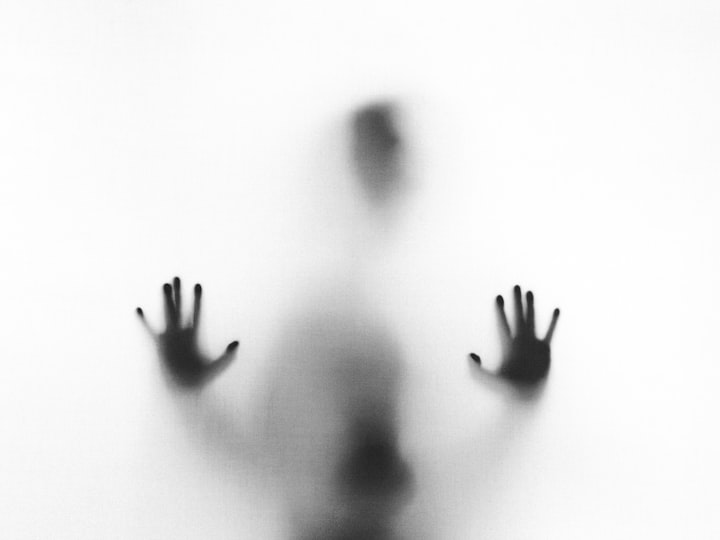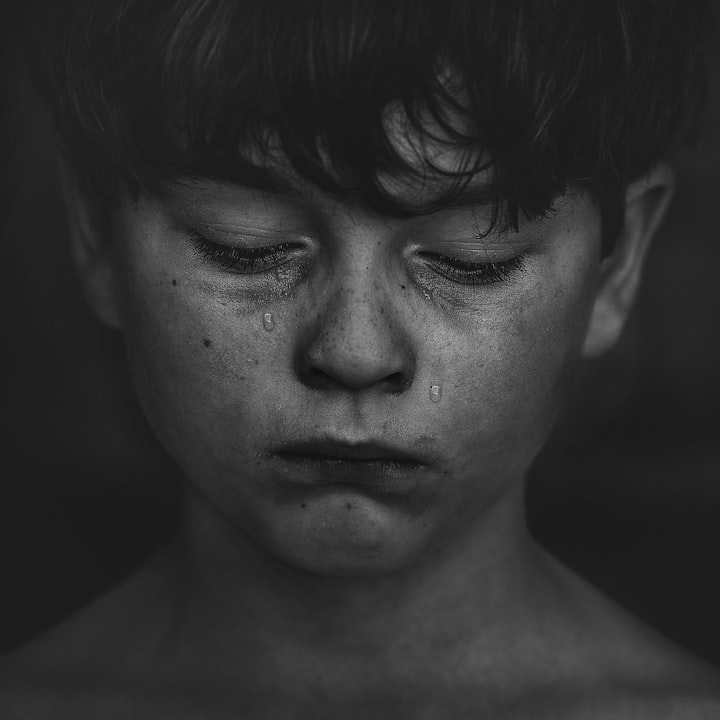Depression is a serious and complex disorder
A related view suggests that depression is usually often the result of a terrible situation

I'm fascinated with evolutionary psychology, which can be thought of as the final stop for practically any line of inquiry into human behavior that begins with "why."
Why do we offer gifts on special occasions like holidays and birthdays? Because we're a social animal, we're predisposed to act altruistically in order to improve our chances of survival. Why do humans have tribal instincts that can range from sports team allegiances to race? Because in order to survive, our prehistoric forefathers had to make split-second decisions between friend and foe. Why do we book Hawaii holidays amid a pandemic? Because our brains developed to prioritize future events in order to better prepare us for them and maximize our chances of survival.
Of course, they are gross simplifications of exceedingly complex issues with several biological and cultural elements. However, the ultimate conclusion of "our ancestors evolved to be this way because it helped the human species survive" provides a sense of fulfillment and sensibility.
When considering habits and features that are now considered to be detrimental, such as mental diseases like depression, this logic becomes a little more complicated.
If a behavior can be found in various places and periods, this is a quick test to see if it is intrinsically human and possibly evolutionarily selected for. Depression passes this test because depressive or melancholy symptoms have been documented for thousands of years in practically every continent and civilization, including hunter-gatherer societies. Depression is also quite widespread, afflicting up to half of the population at some point in their lives, according to some estimates.
This fact raises the question of whether depression has an evolutionary advantage, with the argument being that the disease would otherwise have been selected out, removing the genetic propensity for a feature that appears to be unfavorable on the surface at least.
The ruminations and obsessive thoughts that commonly accompany depression are regarded to constitute a sort of sophisticated analytical thinking, according to one theory. When it comes to critical thinking and problem-solving, intense focus and breaking down big difficulties into smaller components are beneficial. It's likely that ruminating helps people solve the problems that are at the foundation of their sadness, whether they're marital issues, job discontent, or financial difficulties.
Ironically, difficulty concentrating is a common symptom of depression, but one could argue that people have trouble concentrating on anything other than the subject of their ruminations. Psychologists Paul Andrews and J. Anderson Thomson even go so far as to suggest that the social isolation and anhedonia (loss of pleasure) that people with depression frequently experience may be beneficial when it comes to avoiding distractions that divert their attention away from focused problem-solving.
A related view suggests that depression is usually often the result of a terrible situation that people wish to flee or correct. Sadness and other depressive symptoms may motivate you to modify a negative circumstance to which you had previously committed yourself.
Another benefit proposed by psychologists is that people who are depressed view the world more clearly than people who are not depressed, and thus are better at judging risk. Most individuals walk around with rose-colored glasses, believing that everything will turn out fine and that they and their loved ones are luckier than the ordinary person. Of course, no one is extraordinary and immune to physics or statistics. Depressed people's pessimistic cloak is actually a more accurate appraisal of the world, which may help them stay safe and boost their chances of survival.
Another view is that depression is a result of a different genetic selection. According to a 2013 study, several of the gene variations linked to an increased risk of depression also have an impact on the immune system. A variation in the gene NPY, for example, increases a person's risk of depression through the stress response, but it also improves the immune system's inflammatory response, allowing it to fight infections more efficiently. As a result, despite a proclivity for sadness, a person with the NPY variation is more likely to survive and pass on their genes. Intriguingly, depression is frequently linked to increased levels of inflammation in the body.
Randolph Nesse, an evolutionary psychiatrist, adopts a more holistic approach, claiming that our brains developed to assist our genes.
I'd want to emphasize that depression is a serious, complex disorder that affects many people in various ways and for many reasons. The fact that it may have been advantageous evolutionarily at one point does not mean that it is now, and it does not mean that you should not seek therapy if you are depressed. Life is difficult, particularly right now, and everyone requires and deserves assistance. But evolution is an intriguing lens through which to see depression, to normalize it, and to study it from the standpoint of what it might be teaching you, rather than thinking there's something wrong with you.





Comments (1)
Depression can happen for a variety of reasons. Our passivity and lack of motivation can also lead to dire consequences. I am glad that I found the link https://us.calmerry.com/blog/therapy/what-is-motivational-interviewing/ and found out what a motivational interview is. After passing certain techniques, I began to live differently and changed for the better.